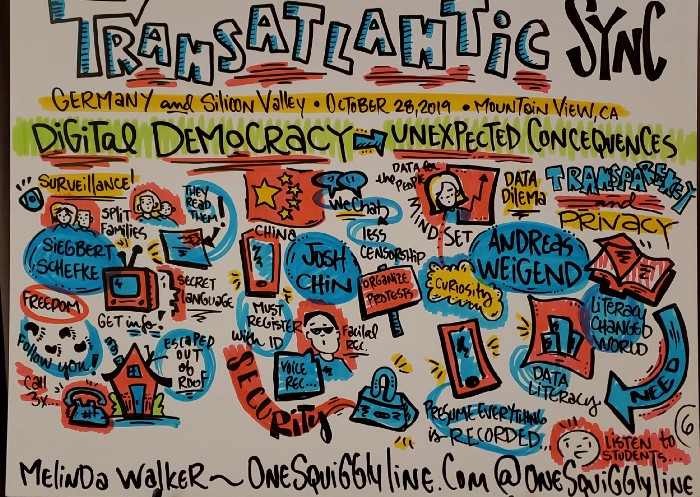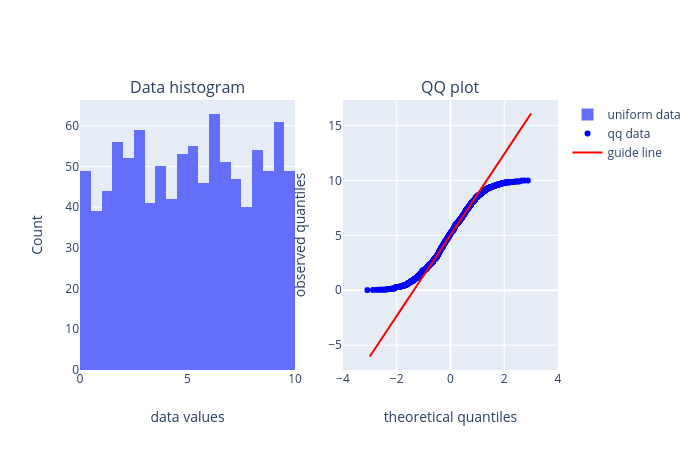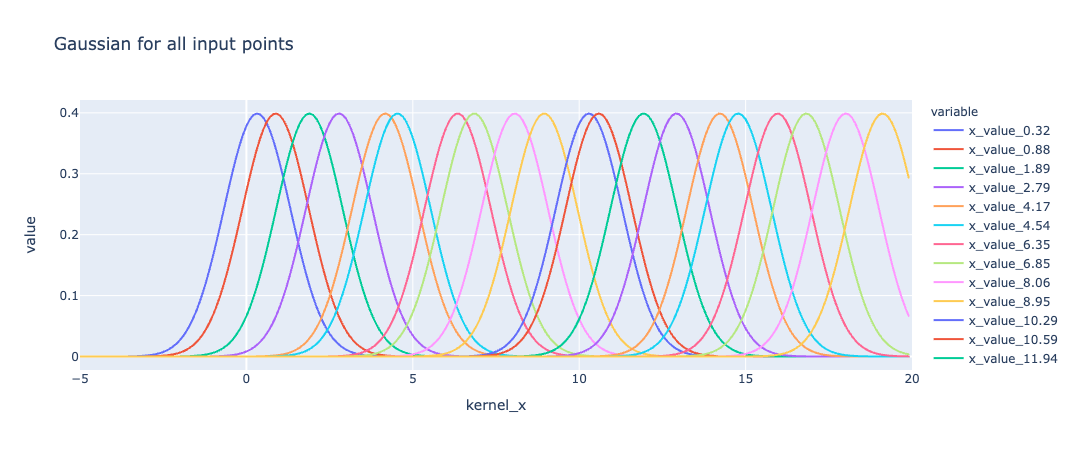
Rapid technological innovations have been disrupting job markets since the First Industrial Revolution. The Fourth Industrial Revolution has accelerated the pace to unprecedented speed. Anticipating the trajectory of the changes and preparing for the workplace of tomorrow in the age of AI has become one of the most pressing global issues of our times. In 2016, the National Science Foundation (NSF) unveiled ten “Big Ideas” — ten distinct areas that would guide their research and investment strategy to position the United States as the global leader in science and engineering. The Future of Work at the Human-Technology Frontier was pronounced as one of them.
How does one prepare their career for the future with so many variables and open questions? At Colaberry, we believe the answer lies in combining technical knowledge with human skills. The mission of our company is to leverage the power of technology to equip individuals and enterprises with critical skills for success in tomorrow’s workplace. The Colaberry learning process integrates a focused and intentional development of human skills, such as time management, critical thinking, and communication.
Interpersonal communication skills are consistently identified as critical in the workplace of tomorrow. The ability to say the right words using the right tone of voice and the appropriate body language in order to effectively communicate with others is an in-demand skill. At Colaberry, we understood the role of effective communication for career success early on. Some of our top students were passing their technical interviews with flying colors but were not able to clear in-person or remote interviews. After collecting and analyzing the data of our job hunters, we realized that ineffective communication may have stood between our graduates and their dream roles.
We Move the Needle Colaberry is built on the premise of democratizing tech education and providing opportunities to some of the most marginalized segments of the population regardless of their level of education and experience. Our diverse student body includes people from forty-five countries with demographics ranging from veterans, minorities, women, refugees, immigrants, young adults, career transitioners and even PhDs. Colaberry’s community thrives on such diversity but also shares the common struggle of navigating the job market in a non-native language and sometimes with poor communication abilities. So we tackled the challenge head-on and created a platform for students to record videos of themselves presenting new concepts they have learned. The goal of this activity is two-fold. Our learners present what they have learned, solidifying their newly-gained knowledge in the process. At the same time, they hone their communication skills. Once a user records a video, they receive feedback on both the content and the delivery. Colaberry mentors and other students peer review those videos and provide feedback on performance. This has proven to be a powerful approach to helping reskilled individuals come out of their training with confidence and the needed skills to be job ready.
As the Colaberry program grew, scaling this service became one of our priorities. Our data science, design, and engineering teams came together to create an AI-driven platform that would provide on-demand feedback and further empower our mentors by providing more nuanced feedback to their mentees.
Meet CAI VFS Colaberry Artificial Intelligence Video Feedback Service ( CAI VFS) combines emotion detection, facial detection, and speech-to-text systems to help develop our learners into effective communicators. Using the multitude of machine learning tools that power our AI, presently we provide feedback to our users on two video metrics and two audio metrics. The video metrics are a facial expression and head pose. The audio metrics include the speech rate and voiced ratio.
CAI VFS video metrics have been selected to help our learners become effective non-verbal communicators. Facial expression metric measures exactly that. While it is not advisable or required to maintain a constant smile, it is useful to make sure that you have an affable expression during conversations. Identifying if you are smiling or not is the first step in this. The head pose metric identifies if the user is positioned appropriately in relation to the camera and is looking at the camera or not. This metric was designed specifically to aid users who want feedback on good etiquette during video interviews and conversations. Similar to an in-person conversation, making eye contact with the listener is essential.
Audio metrics were selected to provide feedback to our students on their speech. The speech rate metric measures how many words per minute they speak. Our analysis of over 4,000 Colaberry student videos found that the rate of speech was a stand-out factor. If you speak too fast you risk alienating your listener. If you speak too slow, you risk boring them. To help users speak at an optimal rate, we started by taking 1-minute samples of their speech and converting it to text and then counting the number of words. We found that it did not really matter when we took the one-minute sample in the audio track since the variation in the number of words was not significant. A second audio metric we looked at was the number and duration of pauses. Sometimes speaking fast is not about the number of words that you speak but how often and how long you are pausing. Effective pausing can help a speaker collect their thoughts and present them with confidence.
What the Future Holds
CAI VFS has already proven to be a much appreciated and valued Colaberry training experience — by both our students and our mentors. Students reap the benefits of getting almost instantaneous feedback on their communication skills. Mentors often use AI-driven feedback as the springboard for evaluating their mentees’ communication skills in greater depth. So far, we have analyzed and provided feedback to over 3,000 videos from over 500 users.
We are only at the initial phases of the CAI VFS tool. Our teams are continuously testing the service in the Colaberry community and developing additional metrics and features to improve accuracy and the scope of the feedback offered. Our video feedback service is just one example of how we, at Colaberry, are using AI to help people learn skills that they can use in the workplace of tomorrow.
Interested to learn more? Reach out to us at pawan@colaberry.com, kristina@colaberry.com, ram@colaberry.com.
If you are interested in our instructor-led data analytics or data science programs, check out our programs at training.colaberry.com




